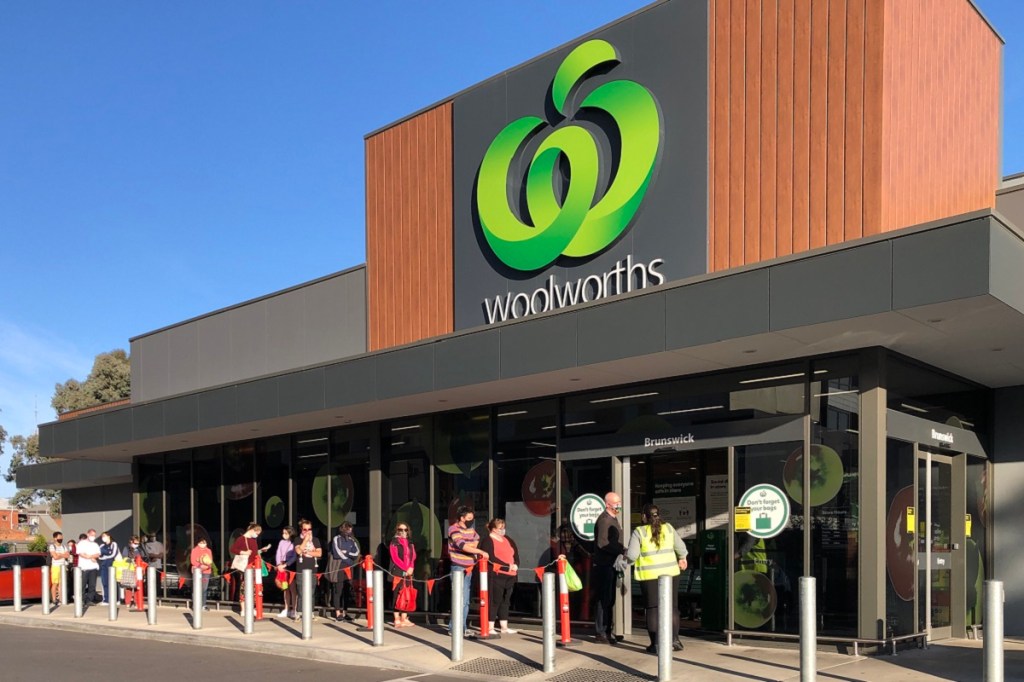Woolworths has reported its half-year results, which have shown the business continues to be impacted by COVID-19.
As for its first-half results Woolworths reported strong sales growth across all the group’s businesses except Hotels. Overall sales increased 10.6 per cent to $35.8 billion.
Australian Food saw total first half sales growth of 10.6 per cent, moderated gradually over the half with Q2 sales growth of 8.3 per cent. Earnings before interest and taxes (EBITS) grew by 13 per cent despite incremental COVID costs of $168 million in the half.
Metro Food Stores continued to be materially impacted by reduced foot traffic in city and transit locations, with sales declining by 6.7 per cent to $456 million.
E-commerce sales increased by 9.2 per cent to $1.8 billion in the half, as Woolworths further increased its online capacity with sales penetration of 7.7 per cent.
In supermarkets, sales (excluding e-commerce) increased by 7.2 per cent, with customers continuing to shop less frequently with larger baskets.
During the half, 13 new stores were opened including eight supermarkets and five Metro Food Stores, with 35 renewals completed. At the end of the quarter, there were 994 supermarkets and 70 Metro Food Stores, with a total fleet of 1,064 stores.
Woolworths Group CEO, Brad Banducci, said: “I am incredibly proud of the achievements of our team during the half, which went well beyond our financial results. We supported our customers, whether they wanted to shop in-store or online and were able to do this in a safe and convenient way. We also provided them with great value and inspiration as they spent more time at home. We employed a record number of team members over the Christmas trading period and continued our focus on supporting our team’s mental wellbeing.
“The first half of F21 continued to be impacted by COVID, with elevated sales and higher costs as we worked to maintain a COVIDSafe environment for our customers and team. While we have all been living in this uncertain environment now for 12 months, ongoing localised outbreaks remind us that we need to remain both vigilant and agile.”
Banducci, continued: “Turning to priorities for the second half, we will continue to accelerate digital as it becomes an ever increasingly important part of the shopping journey for our customers. We have added significant e-commerce capacity across the Group over the last year which puts us in a strong position to meet our customers’ demands. As growth rates in the second half slow as we cycle peak COVID-demand, we have an opportunity to optimise e-commerce at scale and deliver further efficiency.
“We haven’t seen a material flight to value among our customers but expect value to become more important over the next few years as we emerge from a period of unprecedented stimulus. Value means different things to different customers, so it is increasingly important that we personalise value for our customers. We aspire to do this by leveraging rewards programs and continuing to evolve our propositions to provide the right range for the local community.”

